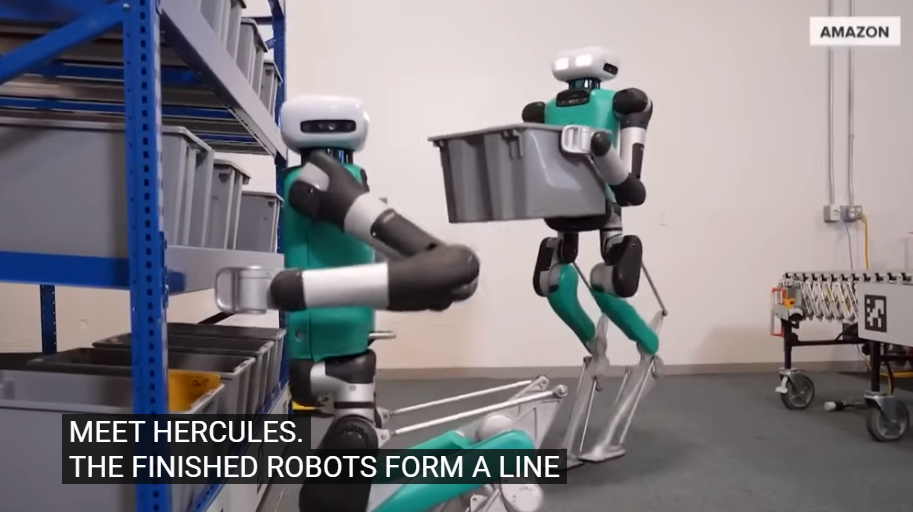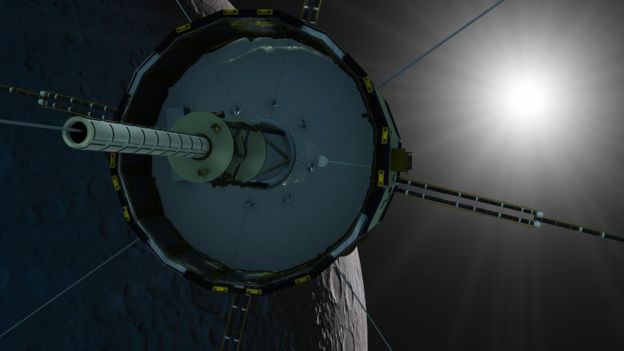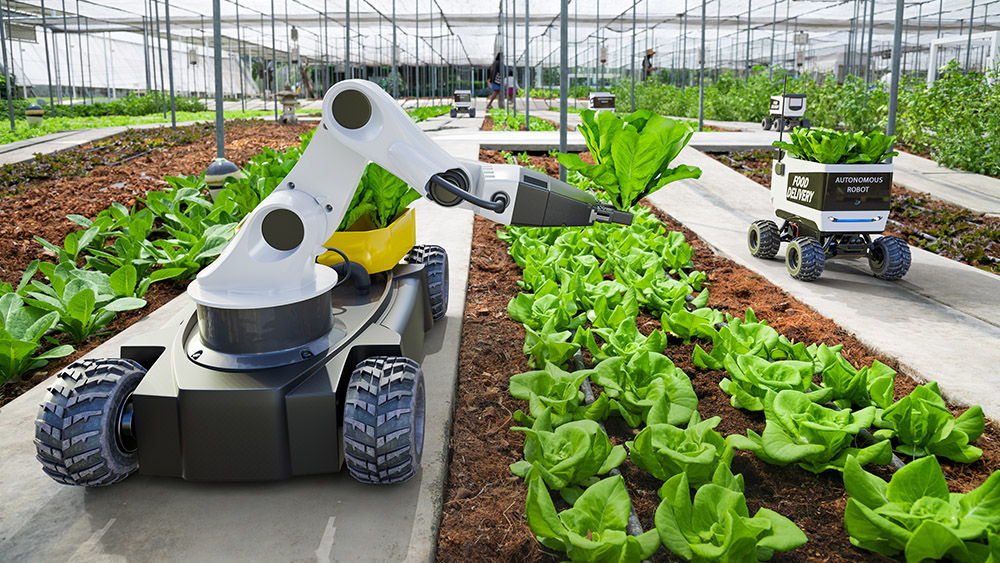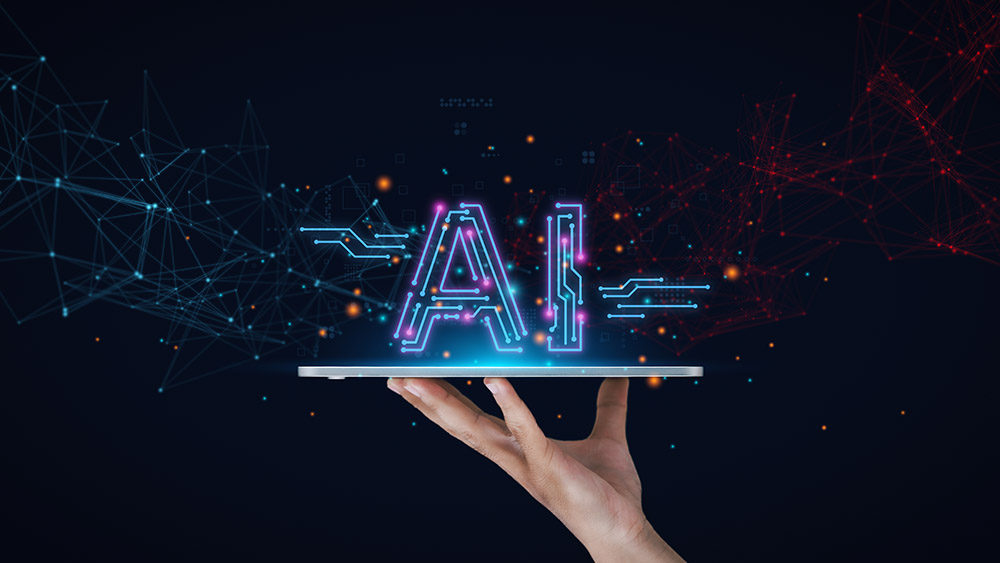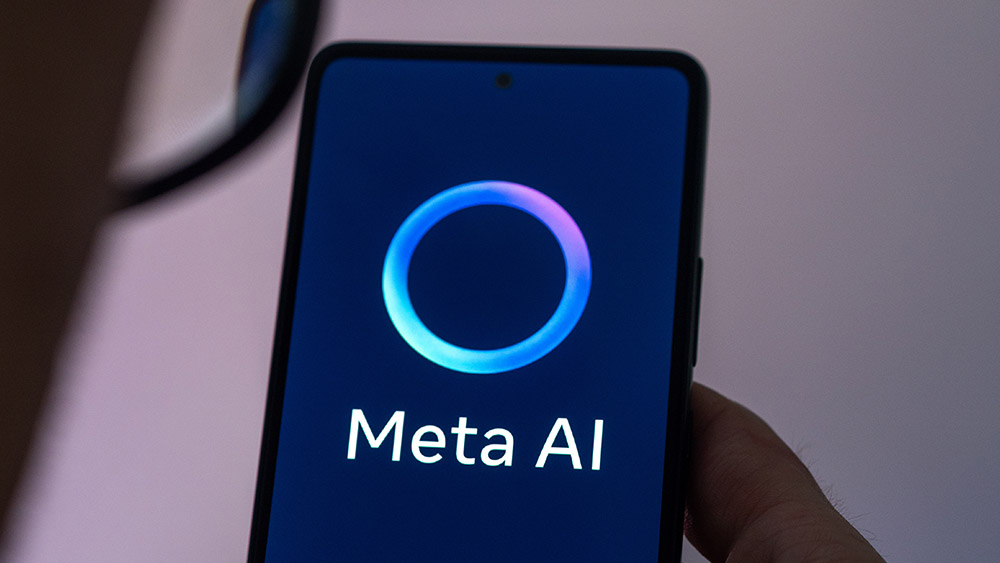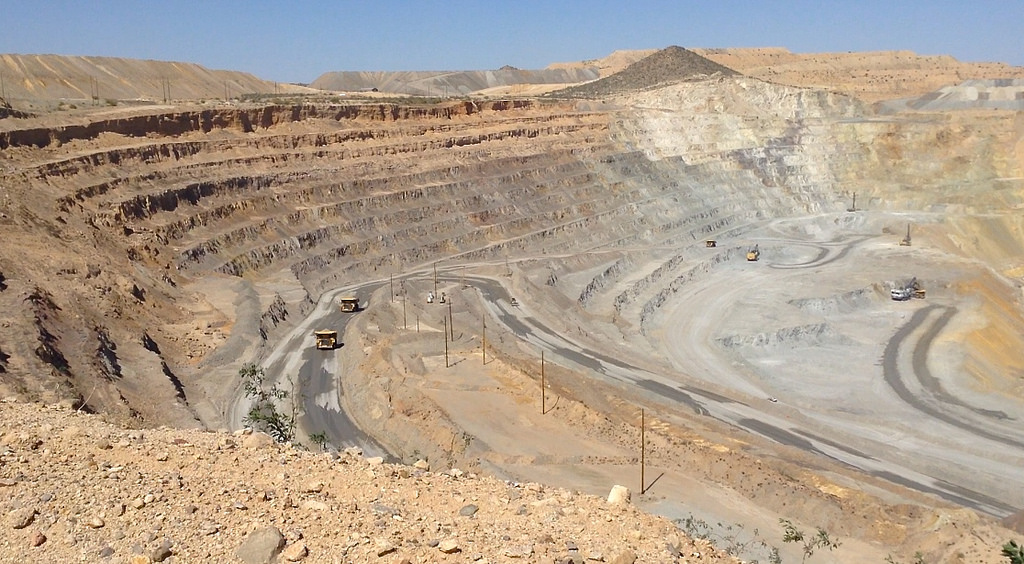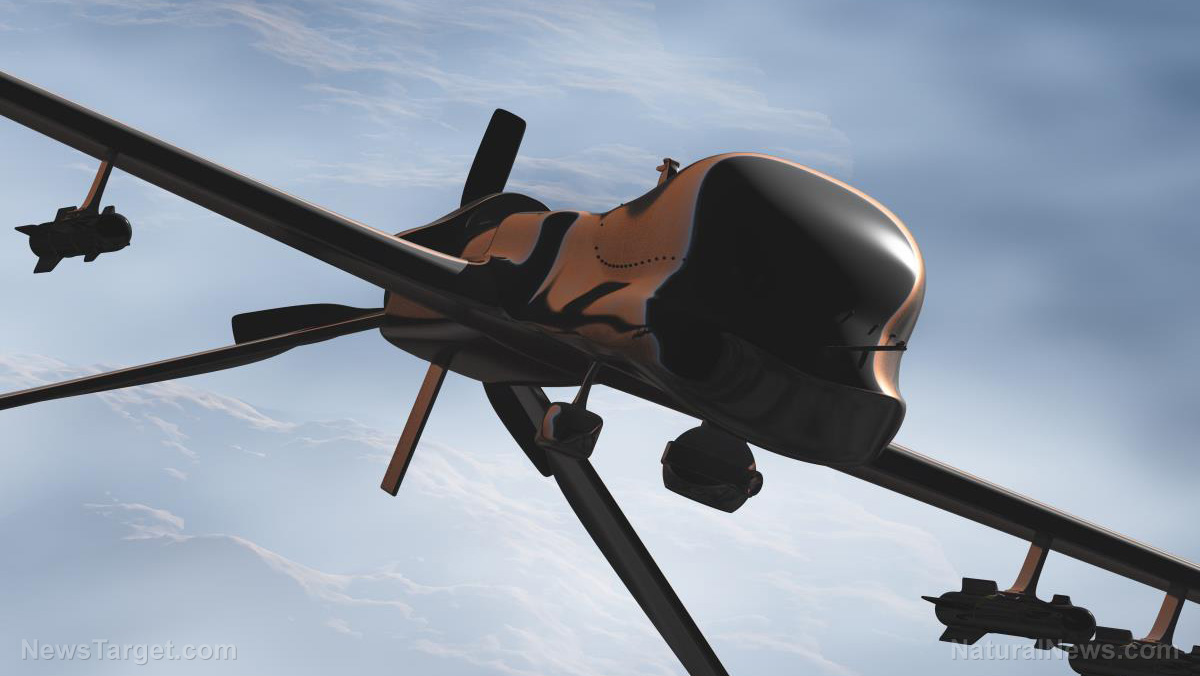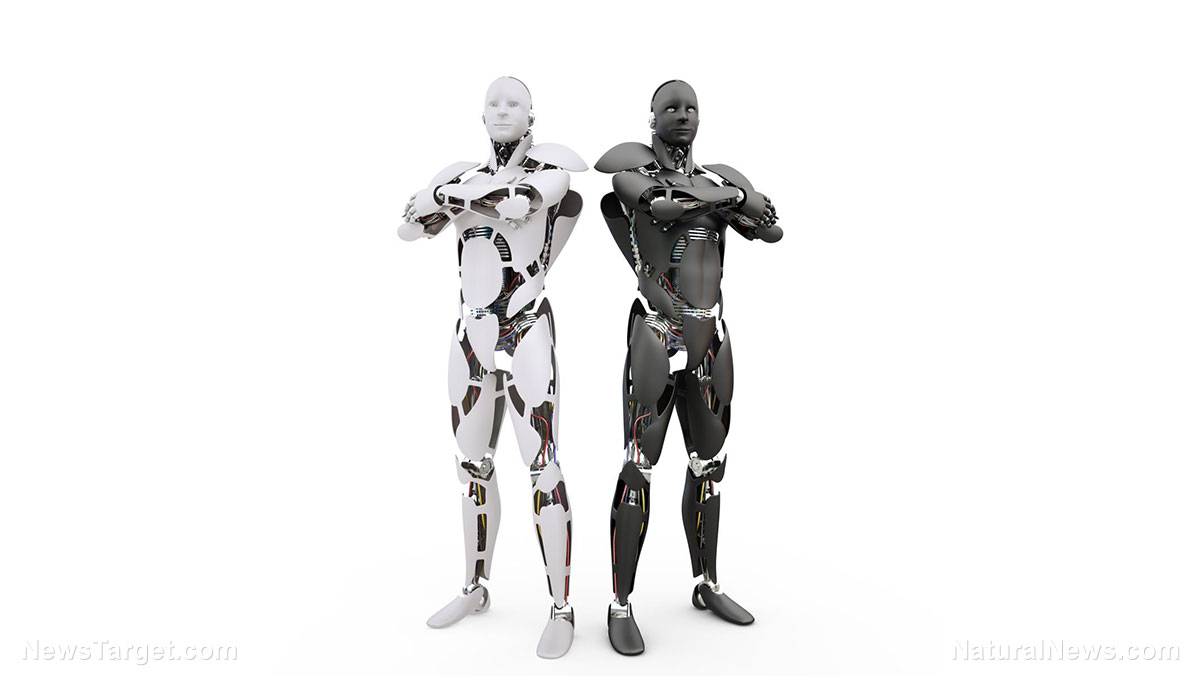The robotic takeover of your lawn: how Honda’s autonomous mower foreshadows the end of human landscaping
11/04/2025 / By Lance D Johnson

Imagine a future where the familiar hum of a neighborhood lawnmower is not operated by a local landscaper but by a silent, driverless machine, owned by a distant corporation. This is not a scene from a science fiction novel; it is the stated goal of industrial automation, and it is rolling out onto the grassy lawns of America.
Honda, a trusted name in automotive and power equipment, is now at the forefront of this quiet revolution with its ProZision Autonomous mower. While the company promotes this technology as a solution to labor shortages and harsh working conditions, we must question the true cost. What happens to the skilled tradespeople and small business owners who have built their livelihoods on personal service and expertise? What about the young kid mowing the elderly neighbor’s lawn, working up a sweat and earning his first twenty bucks?
Key points:
- Honda has unveiled its ProZision Autonomous electric riding mower, which uses GNSS, radar, and LiDAR to operate without a human driver.
- The company positions the technology as an answer to workforce shortages, operator fatigue, and difficult working environments.
- This automation threatens to replace professional human mowing services, fundamentally altering the landscaping industry.
- The long-term vision points toward large corporations deploying fleets of these autonomous machines, sidelining small businesses.
- This shift is part of Honda’s broader strategy toward electrification and carbon neutrality by 2050.
The rise of the autonomous grounds keeper
At the recent Equip Exposition in Louisville, Kentucky, Honda showcased its ProZision series, marking its first battery-powered riding mower series developed for the U.S. market. The centerpiece of this launch is the ProZision Autonomous model, a machine that learns mowing routes and patterns to such a precise degree that it can eventually operate entirely on its own. Using a suite of sensors that provide a 360-degree view of its surroundings, the mower navigates terrain changes and obstacles with a level of mathematical efficiency unattainable by a human.
Honda states this system automatically determines the most effective mowing paths, promising a high-quality finish while addressing challenges like labor shortages and lowering operating costs. This is not Honda’s first foray into robotic mowing; the company has been expanding these capabilities since its Miimo robotic mower debuted in Europe over a decade ago. The ProZision Autonomous represents a significant escalation, moving from a small, robotic lawn helper to a full-sized, ride-on mower that requires no rider.
A corporate solution that erases human opportunity and augments new ones
When Minoru Kato, general manager of Honda Motor, spoke at the launch, he framed this innovation around a desire to “help people” and reduce burdens on businesses facing an aging workforce. This corporate language, however, masks a harsher reality. The very concept of a “labor-challenged” sector is often a euphemism for a system seeking to eliminate labor costs altogether. This technology is not being designed to assist the landscaper; it is being designed to replace him. The skilled professional who understands the nuances of different grass types, who can spot a patch of disease before it spreads, and who has a personal relationship with his clients is being rendered obsolete by an algorithm. The promise of improved efficiency and lower operating costs is a direct threat to the thousands of small, family-owned landscaping companies that form the backbone of this trade. The future is one where large conglomerates deploy fleets of these autonomous machines to entire neighborhoods, turning a service built on personal touch into a faceless, automated utility.
This push for automation mirrors a broader, unsettling trend across industries, where human ingenuity and labor are systematically traded for automated efficiency and corporate control. Just as Honda promotes its Civic Hybrid for its 50 miles per gallon efficiency and its ability to run on electric power alone, it now promotes a mower that runs on code instead of human effort. Automation in this sector will forever change landscaping businesses.
Looking forward, this technology is poised to disrupt the lawn care industry. Instead of replacing services, it will transform them. Lawn professionals will likely shift to a new business model: installing, leasing, and maintaining these robots for homeowners while still handling the trimming and edging on a weekly visit. This offers advantages for both the homeowner (no weather delays, no ruts) and the professional (lower equipment costs, new service offerings).
Early adopters and DIY homeowners are expected to drive the demand for this technology, forcing the entire lawn care industry to evolve into a more tech-focused service. However, we must be vigilant and recognize that every automated machine deployed is a potential human job erased, a small business endangered, and another step toward a future where our communities are serviced by machines owned by distant, unaccountable entities.
Sources include:
Submit a correction >>
Tagged Under:
AI, automation, autonomous mower, corporate consolidation, economy, electric mower, future, future tech, Honda, industry change, innovation, job displacement, labor shortage, landscaping, lawn care, pensions, ProZision, risk, robotics, skilled trades, small business, technology
This article may contain statements that reflect the opinion of the author
RECENT NEWS & ARTICLES
COPYRIGHT © 2017 INVENTIONS NEWS


